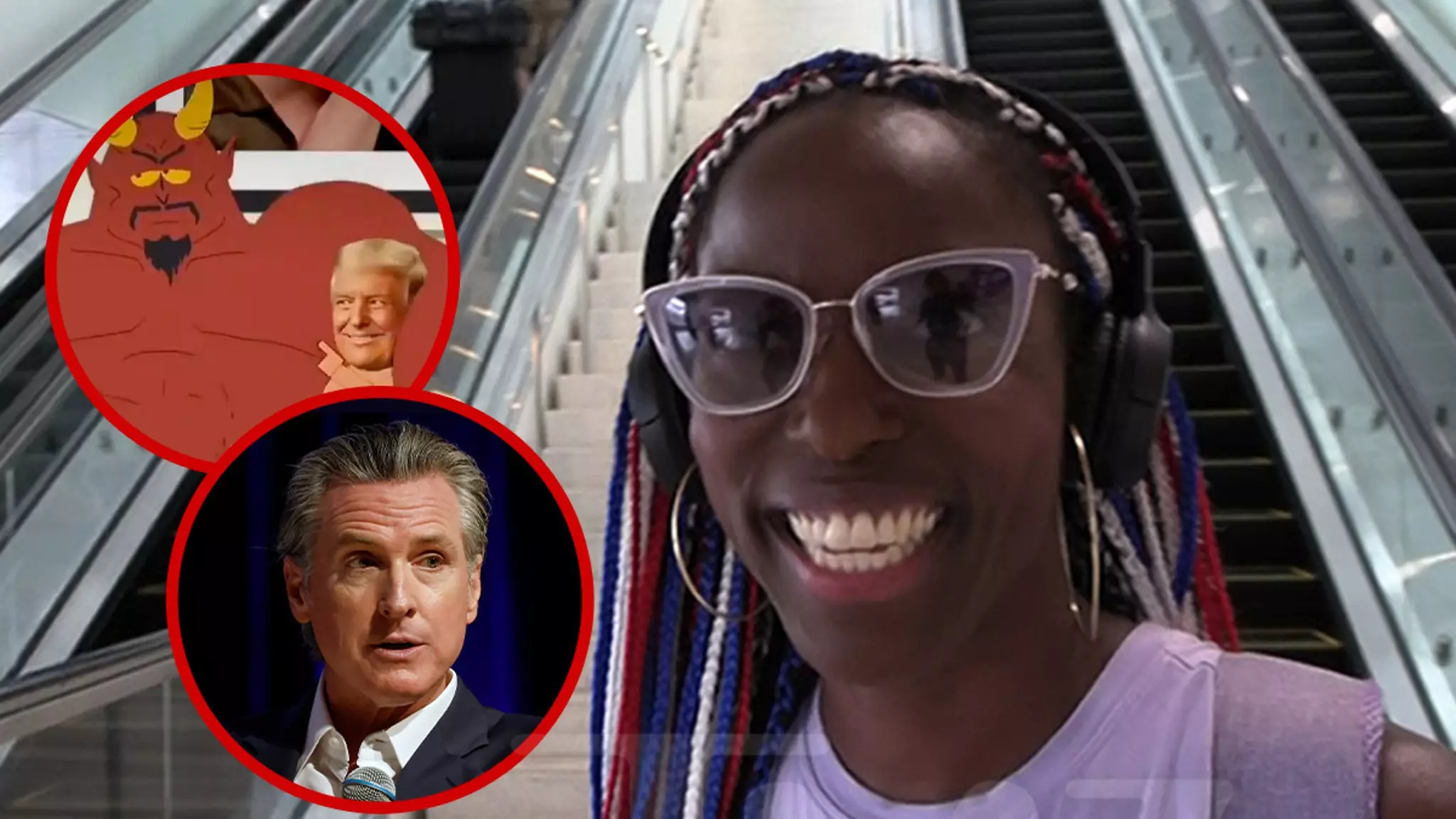In an era where political polarization often feels insurmountable, satire emerges as a vital tool for societal reflection. Shows like “South Park” wield humor as a double-edged sword—capable of provoking, entertaining, and inspiring critical thought all at once. Janeshia Adams-Ginyard’s endorsement of the program underscores its importance: she appreciates how the show meticulously targets both ends of the political spectrum without bias. This approach highlights an often-overlooked truth—satire functions best when it refuses to be partisan, instead shining a mirror on the flaws and inconsistencies that pervade society. Whether mocking Hollywood elitism, political figures, or cultural excesses, “South Park” exemplifies how comedy can expose uncomfortable truths while fostering dialogue.
The Fine Line Between Offending and Enlightening
Critics frequently dismiss satire as merely offensive, yet Adams-Ginyard’s worldview suggests a different perspective. She views “South Park” as an equal opportunity offender—an essential trait that prevents it from devolving into biased caricature. The show’s willingness to skewer everyone from Donald Trump to Gavin Newsom embodies a democratic critique. Light-hearted jabs can sometimes hit harder than serious discourse because they bypass defensiveness and tap directly into our collective subconscious. Nonetheless, this method is not without controversy; in a deeply divided political landscape, humor can be polarizing. Adams-Ginyard’s stance indicates an understanding that satire’s power lies in its capacity to challenge norms and prompt us to think abruptly, sometimes uncomfortably, about societal issues.
The Cultural Significance of Satirical Resistance
Adams-Ginyard recognizes that humor is a battleground—a space where cultural identities are tested and reshaped. Her belief that conservatives can appreciate a good joke, while leftists may struggle, reflects her conviction that comedy is universal when wielded skillfully. The show’s ability to anger or amuse does not diminish its role; instead, it affirms its importance in maintaining a vibrant, questioning democracy. She also offers her playful suggestion of Gavin Newsom as a target, emphasizing that satire’s goals extend beyond mere mockery—it’s about meaningful critique. Her commentary about the shifting late-night comedy landscape, including her excitement over Stephen Colbert’s departure, indicates her hope that new voices with fresh perspectives will take center stage, keeping satire’s flame burning brightly.
Challenging the Shift in Cultural Authority
The ongoing debate about offenses and who gets to be targeted by comedy reveals broader tensions in modern society. Adams-Ginyard’s positive view of “South Park” as a cultural barometer challenges stakeholders to reconsider the true value of satire: not just as entertainment, but as an essential ingredient in political and social reform. Her outspoken stance underscores the belief that humor, when executed thoughtfully, can wield influence—sometimes more effectively than rhetoric or policy. Ultimately, her support signals a growing acknowledgment that comedy, especially in its most daring form, remains an indispensable part of the cultural conversation, encouraging us all to laugh, reflect, and question the world around us.

